Matt Vaadi on a Creating a Culture that Leads to Powerful Impact
With a healthy dose of “irresponsible faith,” Vaadi has navigated the never-ending challenges of building a software company while still maintaining...
3 min read
Written by Caroline Jennings, Sep 24, 2020
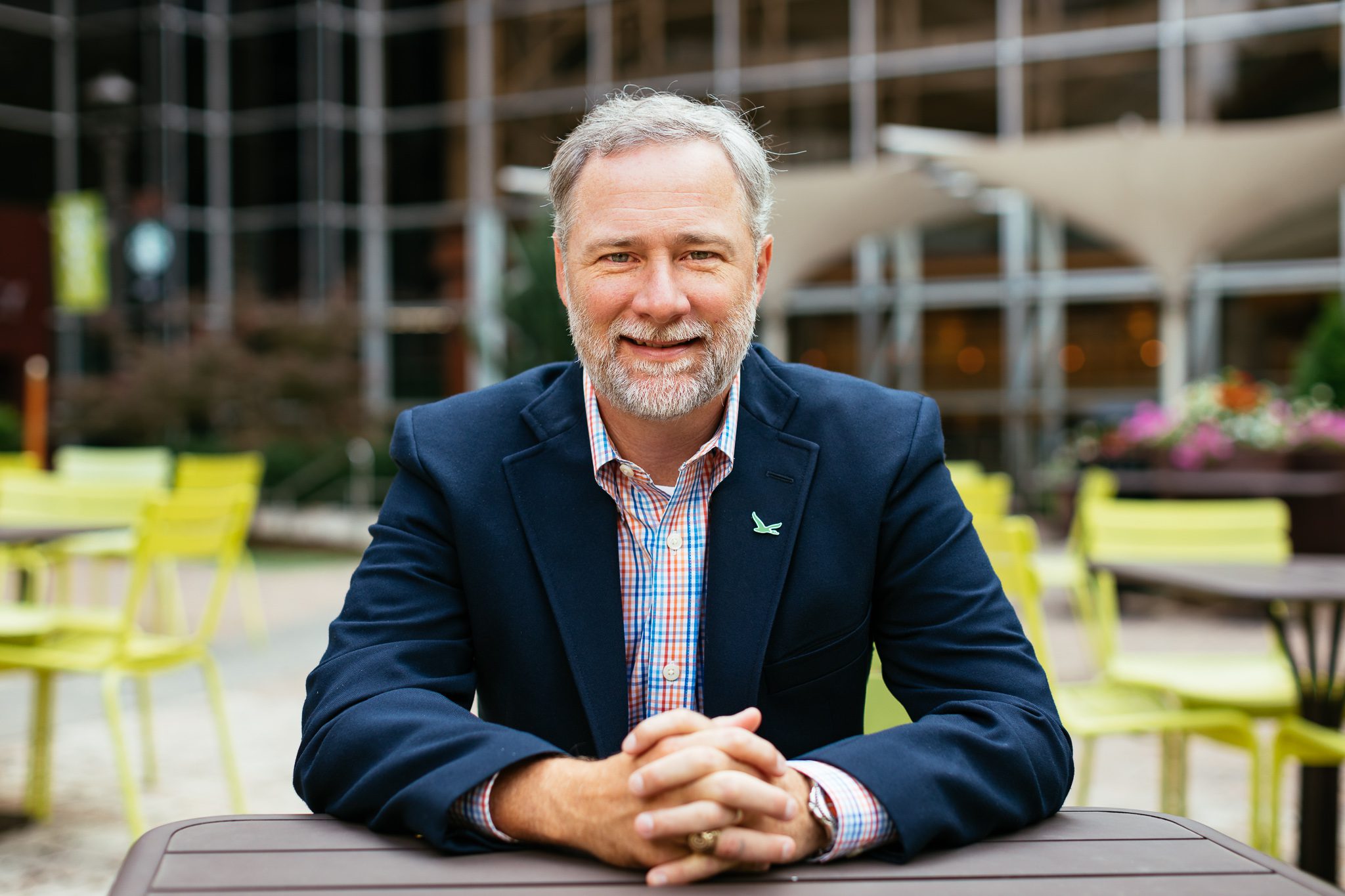
This post is part of The Founder Factor, where we bring you behind the scenes with South Carolina’s most impactful entrepreneurs so that you can discover the strategies, ideas, and mindsets you need to unlock your next business breakthrough.
According to Dunbar, the secret to success boils down to three key ingredients: having an indispensable product or service, communicating well with investors, and being able to quickly adapt to changing conditions.
Now, more than ever, it’s easy to see how important this last variable is. The COVID crisis has pushed many entrepreneurs to “reimagine” what they are trying to do. The ones who have done so successfully are the ones who are still around today.
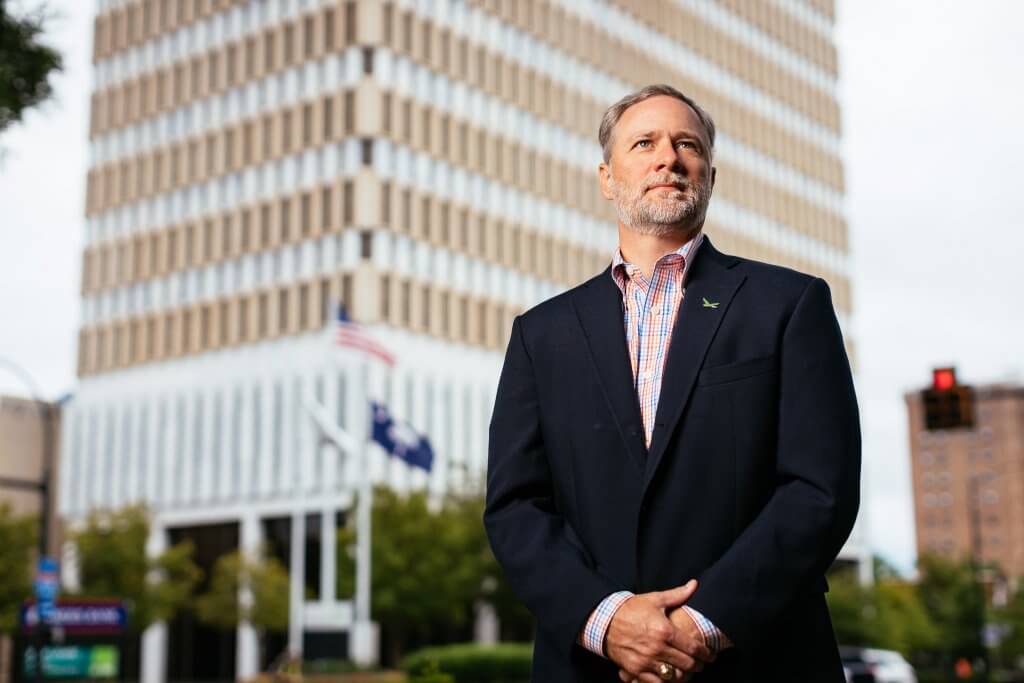
“We’re proud of the entrepreneurs in our portfolio and how they have weathered the storm,” Dunbar says. “Entrepreneurship is all about being able to adapt on the fly to the reality of a situation in light of changing conditions.” Sometimes, that may just mean conserving cash to preserve time and runway. Other times, it may mean pursuing new markets or new applications of an old product or service.
Dunbar warns, however, that it is important to maintain a healthy balance between optimism and realism when running a company. “If you come to the conclusion that a business just isn’t going to work,” he says, “it’s best to face the music and return money to your investors – who will appreciate the stewardship and likely be willing to back your next venture.”
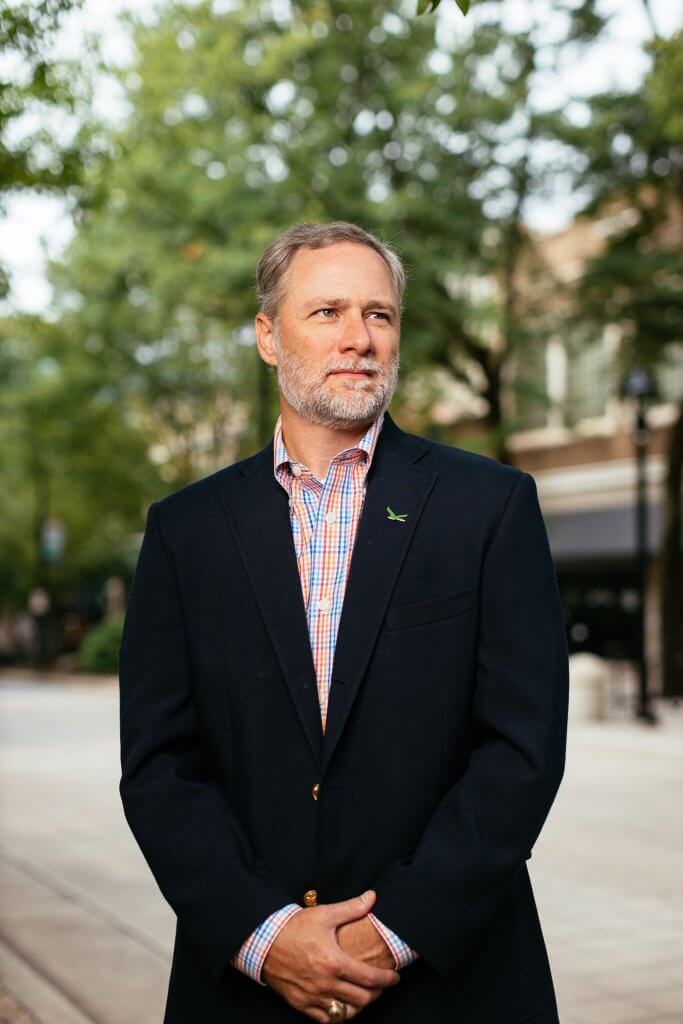
Of course, throwing in the towel when the going gets tough shouldn’t be the first course of action for an entrepreneur. Trying to hide the “brutal facts” from your investors shouldn’t be, either. Dunbar says he has seen far too many entrepreneurs share only the good news with investors in an attempt to convince them to re-invest.
“Transparency is critical,” Dunbar explains. “If you don’t share the bad news with your investors, you’re not getting the additional help and guidance you could have used to overcome the obstacles. Eventually, your investors will discover what you’re hiding, and then you’ve undermined trust.” According to Dunbar, this erosion of trust creates a cascade of other problems – both for your current company and for future companies you try to start.
“At the end of the day, we’re investing in people,” Dunbar says. “We’re going to invest in entrepreneurs who are trustworthy, relentless, resourceful, and capable of making hard decisions.”
Being coachable is also an important part of the equation for Dunbar. “If a CEO is a know-it-all and won’t listen to input, that’s a bad sign,” he says. However, on the flip side of the coin, Dunbar looks for CEOs with enough vision and conviction to not follow every little piece of advice they get from outsiders who don’t really know the business. “You have to be able to decipher the good advice from the weak and incorporate just the valuable stuff,” he says. “I think that’s part of the art of being an entrepreneur.”
Additionally, Dunbar emphasizes how important it is for entrepreneurs to stay focused on maintaining their credibility. “Anything an entrepreneur says or does that undermines his or her credibility is going to present challenges in terms of getting investors to write a check,” he warns. In Dunbar’s eyes, one of the quickest ways to damage your credibility as an entrepreneur is to over-sell or over-promise.
Overselling might include making claims about potential customers or investors that don’t hold up to fact-checking – which investors are sure to check in due diligence. Other naive mistakes are hyperbolic boasts like “You don’t want to miss out on this once in a lifetime opportunity!” or “We’re going to generate 100x on your investment in 2 years!” Even worse – “You’ll be sorry if you don’t invest with us!” Dunbar admits, “It may be true, but it’s probably not the best way to endear investors to you.”
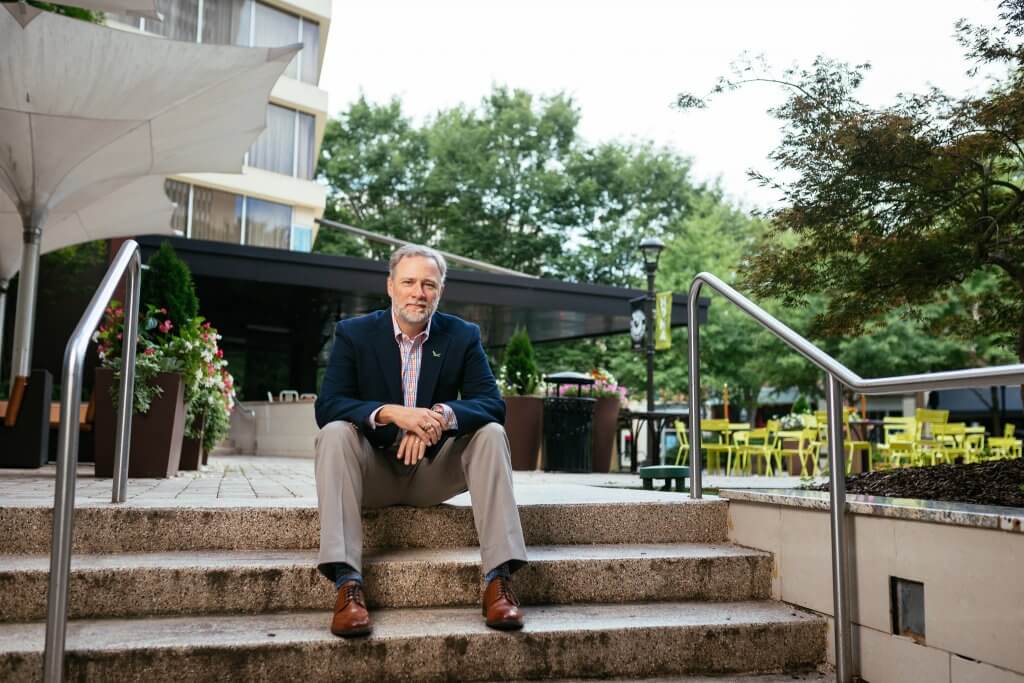
Needless to say, it’s important for entrepreneurs to be optimistic. But unfortunately, it’s easy for optimism to breed hubris and fear of failure. Dunbar has seen this lead many entrepreneurs down the path of making claims that aren’t true in hopes of impressing investors or convincing them to write a check.
“We’re going to vet the things you tell us,” Dunbar says. “If we discover that you’ve been dishonest, that will erode our trust and quickly cause us to move on to our next opportunity. So it’s in your best interest to be truthful.”
“Fortunately for us,” he adds, “VentureSouth has had the opportunity to partner with many entrepreneurs in the region who have proven to be trustworthy, resourceful problem solvers – and we’re always excited to meet the next one who will win the support of our investors.”
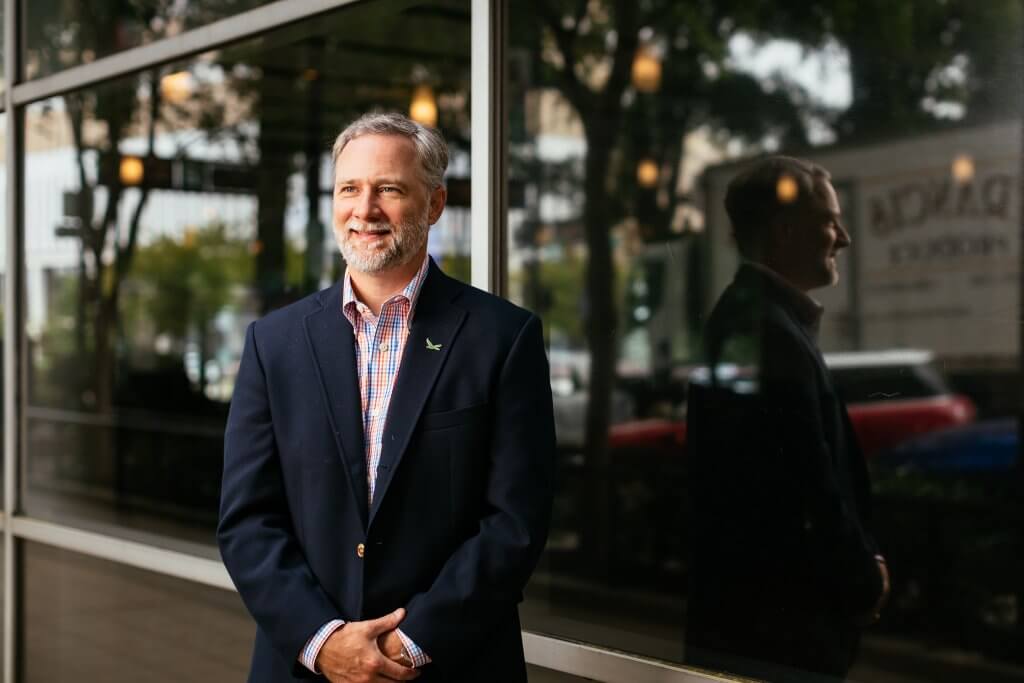
Follow Matt on LinkedIn, or visit VentureSouth on the web at VentureSouth.vc
Designli leads clients through the design and development of complex digital products, bringing startups and entrepreneurs from “Vision to Version 1.” Ready to bring an app or web-app to life? We’re here to help.
The Founder Factor is brought to you by Designli (South Carolina’s top app development firm) and Word of Web (your partner in website strategy and design). Follow our content here on the Designli blog, or on YouTube, Spotify, or wherever you get your podcasts.
Subscribe to our newsletter.
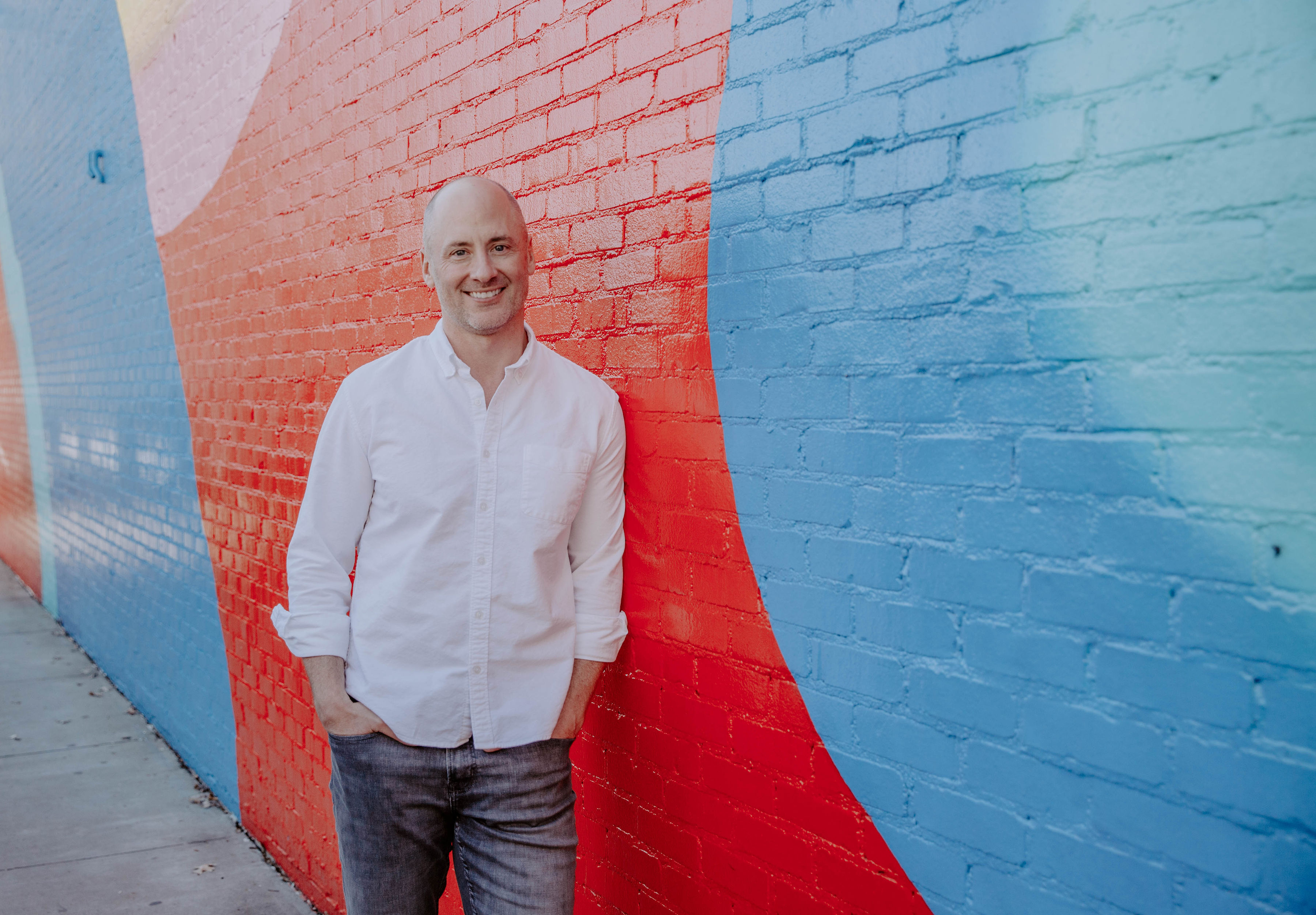
With a healthy dose of “irresponsible faith,” Vaadi has navigated the never-ending challenges of building a software company while still maintaining...
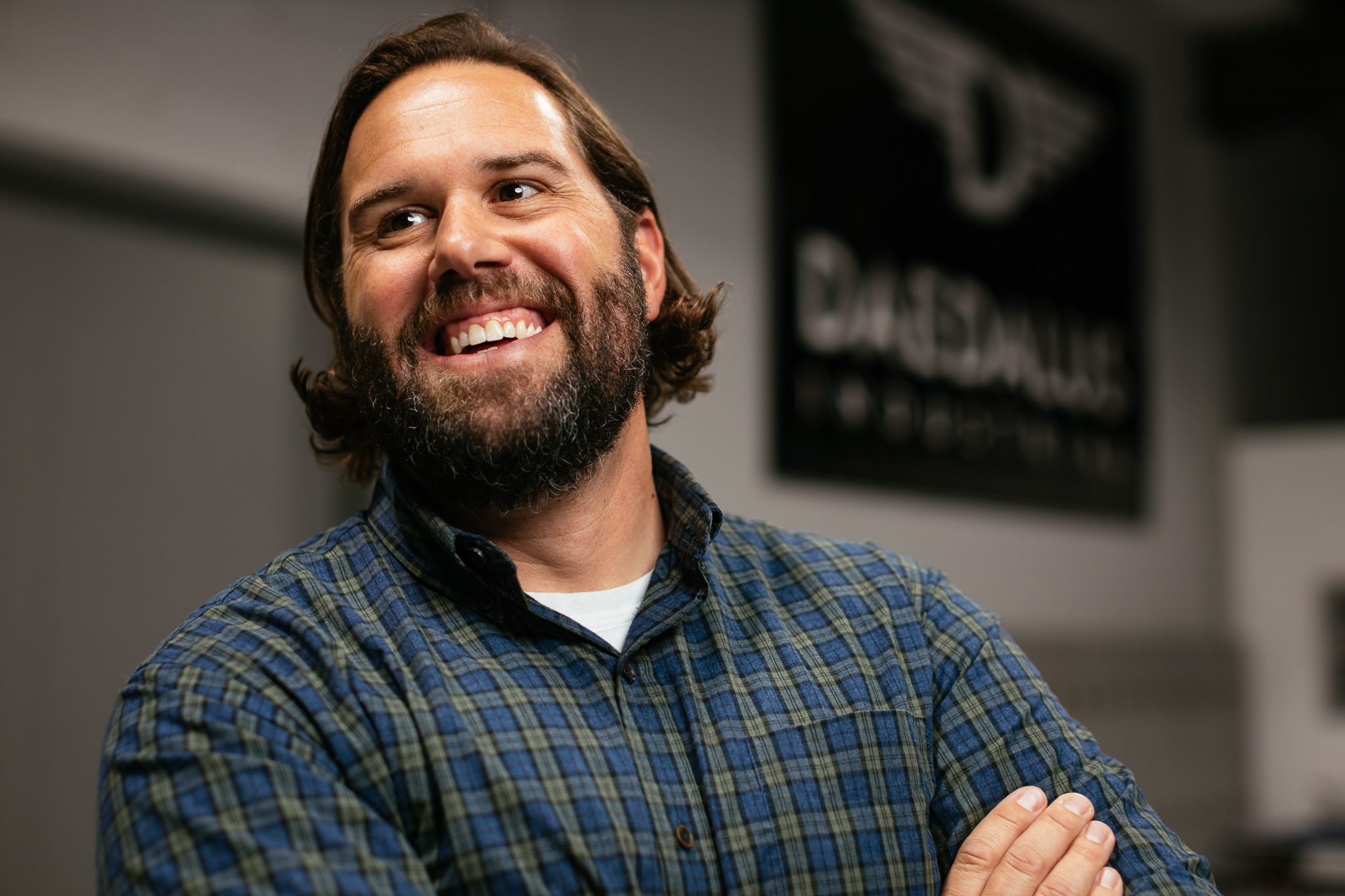
5 min read
Not many people can say that they were kicked out of college with more credits than it took to graduate. But for Austin Jones, Co-Founder of Daedalus...
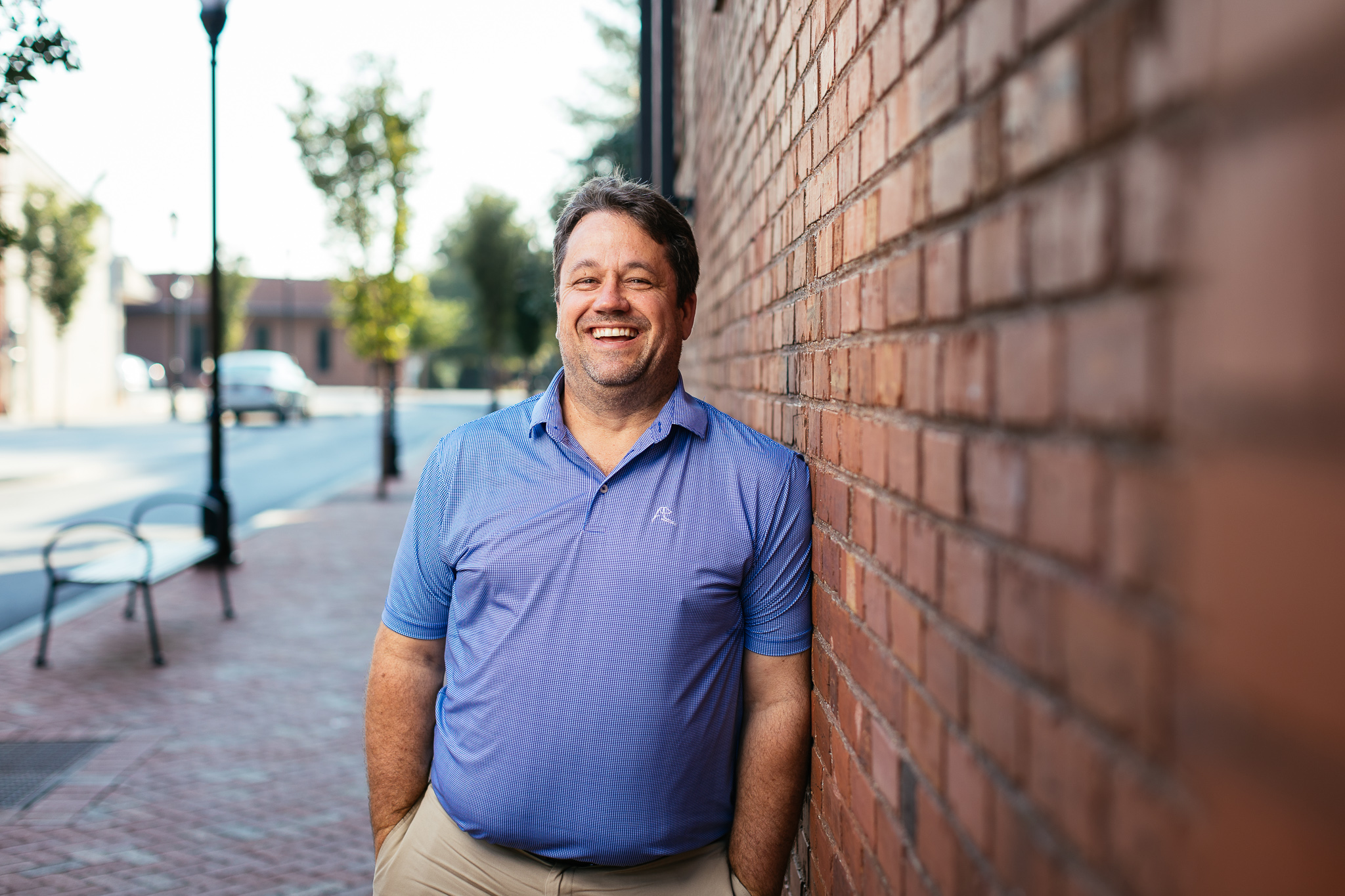
Everything changed for Mark Essex when his wife, Karen, landed a job at a methadone clinic in Atlanta, Georgia. At the time, Essex was working as a...